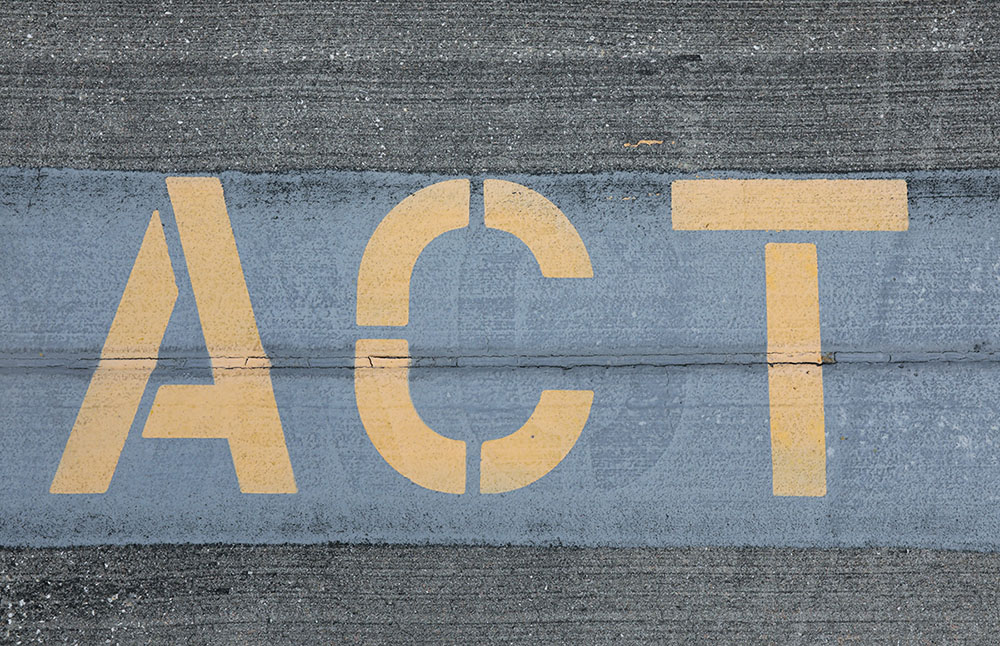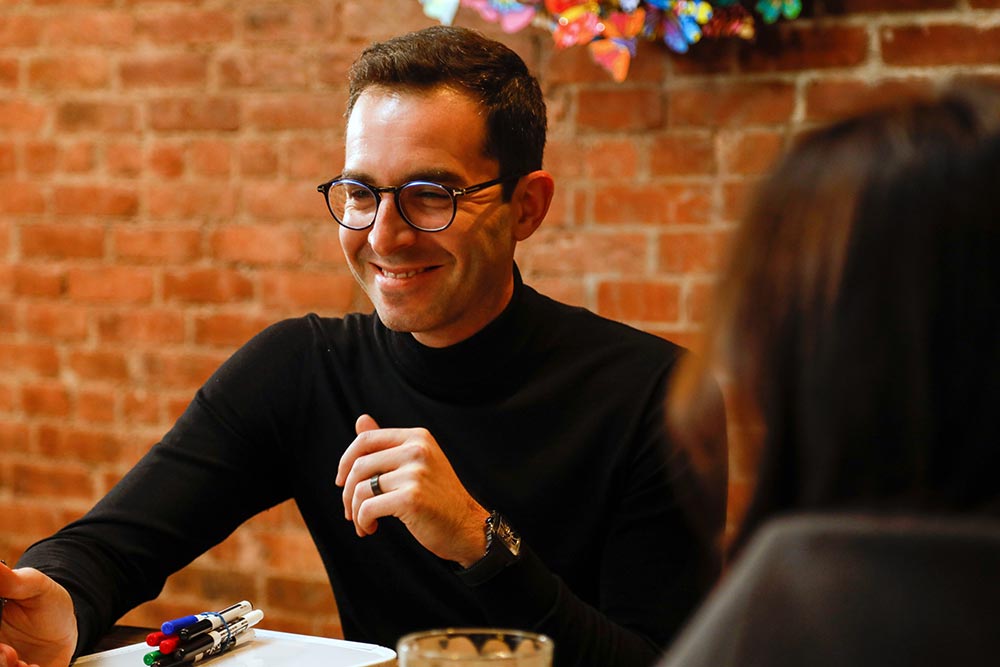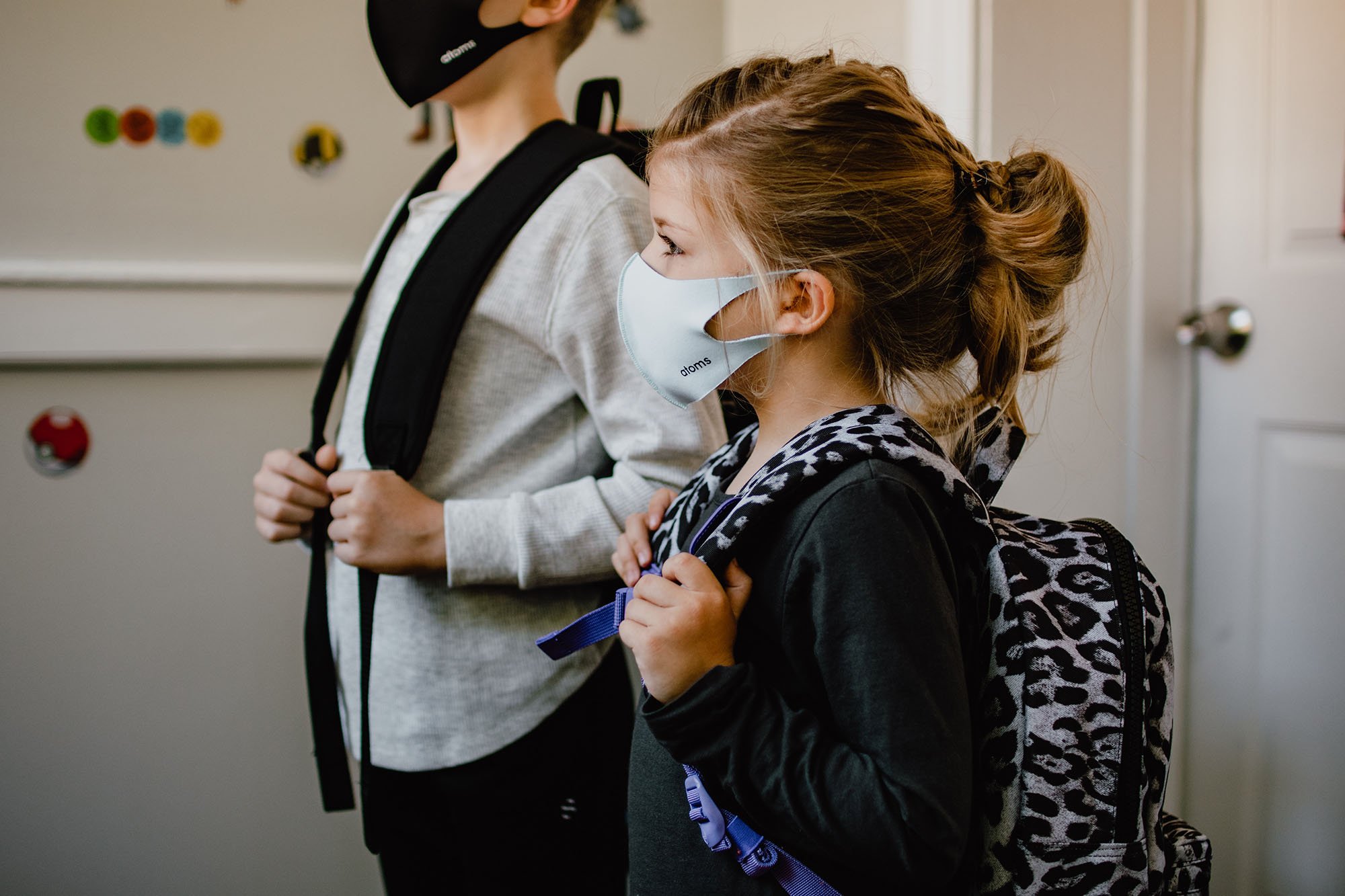 The ACT differs from the SAT in many ways and is becoming more unique as the SAT transitions to digital only in 2023. The ACT has a different format, a different approach to the questions, and a palette of accommodations options. However, in addition to all of these differences, the ACT test also allows a student to calculate a superscore.
The ACT differs from the SAT in many ways and is becoming more unique as the SAT transitions to digital only in 2023. The ACT has a different format, a different approach to the questions, and a palette of accommodations options. However, in addition to all of these differences, the ACT test also allows a student to calculate a superscore.
What is a superscore?
Superscoring allows a student to combine the highest scores from separate ACT test trials to create a single superscore.
To see how super scoring works, consider the following two ACT test scores:
February Official Test Scores:
English 35
Math 31
Reading 32
Science 35
Here the composite (which is the average of the 4 scores) 33.25 which rounds down to 33.
April Official Test Scores:
English 32
Math 35
Reading 36
Science 32
And here the composite is 33.75 which rounds up to a 34.
Above, we see the student earning a similar composite score overall (33 or 34) despite very different scores on the individual tests.
Let’s consider a superscore of these two tests.
SUPERSCORE
English 35
Math 35
Reading 36
Science 35
Composite (average of the 4 scores) 35.25 which rounds up to 35!
The superscore above combines the 35 in English and Science on the February official test with the Math and reading scores from the April official test, which results in a higher composite score. This higher composite score is a superscore!
Superscoring is a wonderful trend in testing because it allows a student to share their best individual section scores and highest possible composite score with colleges to improve their chances of admission into increasingly competitive schools.
The ACT nonprofit organization has recently published data on superscores that can be seen by following this link. This research, titled Impact of Superscoring on Subgroup Differences by Dr. Krista Mattern, PhD and Justine Radunzel, PhD, carefully examines the correlation between superscores and grades earned during the first year of college. In addition, the ACT website asserts that “research shows ACT superscores are better at predicting success in college than other scoring methods.[1]”
In other words, high school students who re-take the ACT and do well are statistically more likely to succeed in college.
Some feel taking the ACT multiple times may be seen by colleges as a “fishing expedition” where a student is simply trying to combine as many high scores as possible. In response to this valid concern, we recommend taking the test at least two times officially and no more than three times officially.
It is very rare to earn a perfect ACT score on one’s first testing attempt. However, retesting and superscoring the ACT can make it easier to earn a top score while demonstrating many other positive traits. The ACT is a specific area where it is possible to really shine and illustrate one’s intellectual ability and content mastery beyond the classroom. Also, re-taking the test shows grit because it demonstrates how students are committed to improvement, which is an advantageous quality for an admissions officer to notice!
By Grant Bergland, Private Tutor and Learning Specialist, Brad Hoffman, Board Certified Educational Planner and Learning Specialist, and Faya Hoffman, Board Certified Educational Planner and Learning Specialist.
[1] https://www.act.org/content/act/en/students-and-parents/high-school-success/testing-advice-for-the-act/superscore-faqs.html
 What makes for effective tutoring? What’s the difference between tutoring and academic coaching? How is a learning specialist different from an educational therapist? What is the role of a Board Certified Educational Planner? Why work with an organization instead of an individual?
What makes for effective tutoring? What’s the difference between tutoring and academic coaching? How is a learning specialist different from an educational therapist? What is the role of a Board Certified Educational Planner? Why work with an organization instead of an individual? You can teach a student a lesson for a day; but if you can teach him to learn by creating curiosity, he will continue the learning process as long as he lives.
You can teach a student a lesson for a day; but if you can teach him to learn by creating curiosity, he will continue the learning process as long as he lives.
 Parents and educators have observed firsthand that the pandemic caused massive disruptions in the academic, emotional, and social lives of students. The compounded effect of the past three years is responsible for significant pandemic learning loss. Meira Levinson and Daniel Markovits note in their
Parents and educators have observed firsthand that the pandemic caused massive disruptions in the academic, emotional, and social lives of students. The compounded effect of the past three years is responsible for significant pandemic learning loss. Meira Levinson and Daniel Markovits note in their